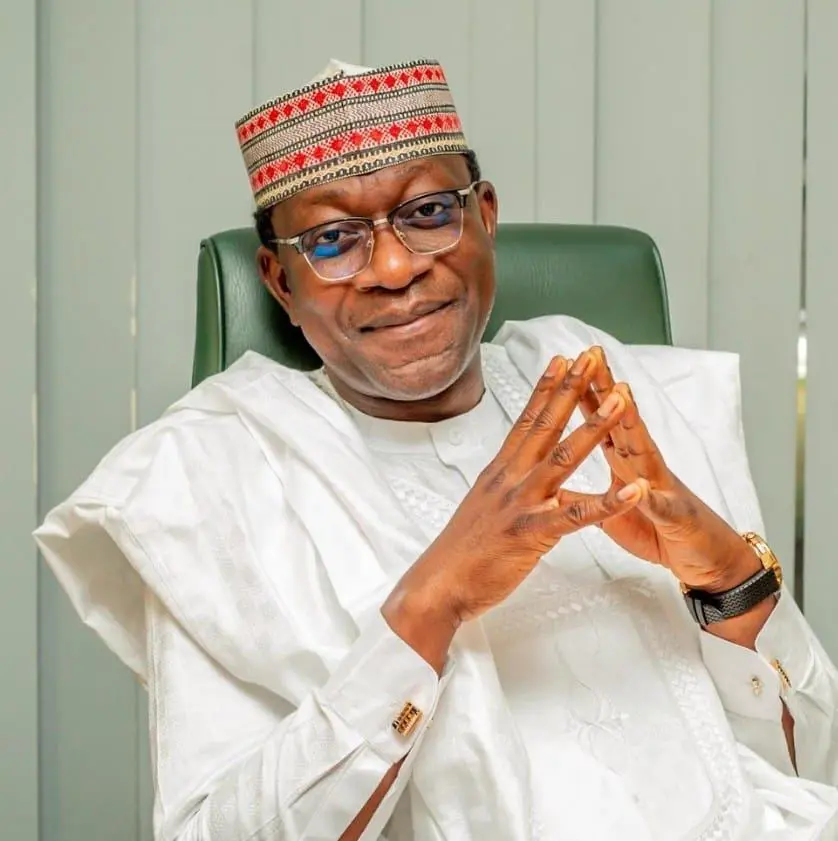The New Nigeria Peoples Party (NNPP) chapter in Kano State has rejected accusations by Abdulmumin Jibrin Kofa, a federal lawmaker, that he was unfairly expelled from the party without a fair hearing. Jibrin, who represents the Kiru/Bebeji Federal Constituency, had alleged that the party denied him the opportunity to defend himself before making the decision.
According to Alhaji Hashimu Suleiman Dungurawa, the NNPP chairman in Kano, Jibrin’s public declaration of his willingness to leave the party and his refusal to support the party’s presidential candidate rendered a fair hearing unnecessary. Dungurawa argued that a politician who has openly distanced himself from his party and its candidate does not deserve further consideration. He stated that listening to Jibrin again would be a waste of time, given his prior statements.
The chairman maintained that Jibrin’s expulsion stands and the Kano chapter of the party will not revisit the matter. This development comes amidst an ongoing dispute within the NNPP over which faction is authentic. Dungurawa dismissed the group using the fruits-and-vegetables logo, reaffirming that the faction with the book-and-academic-regalia logo is the legally recognized NNPP.
The authenticity of Dungurawa’s faction was reportedly confirmed by the attendance of Independent National Electoral Commission (INEC) officials at their recent national meeting in Abuja. The NNPP has been embroiled in internal conflicts, with different factions vying for recognition. The party’s internal dynamics have significant implications for Nigeria’s political landscape, particularly in the lead-up to future elections.
The dispute between Jibrin and the Kano chapter of the NNPP highlights the challenges faced by political parties in Nigeria, where internal conflicts and factionalism can have far-reaching consequences. As the country navigates its complex political terrain, the resolution of such disputes will be crucial in determining the trajectory of individual parties and the broader political landscape. The NNPP, in particular, will need to address its internal divisions to present a united front in future electoral contests.
